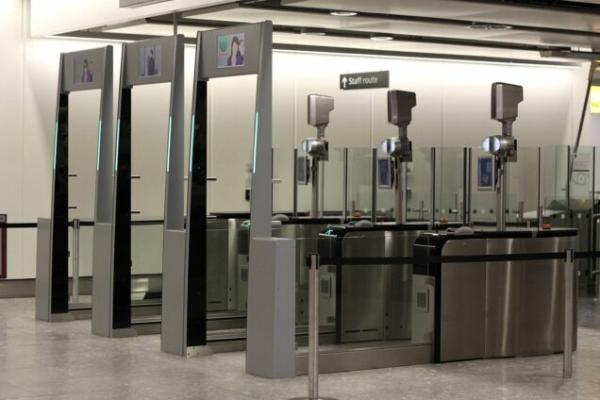
JUBA, South Sudan - South Sudan has mapped out plans to import power from neighbouring Uganda and Ethiopia after reaching bilateral agreements with both countries, the Energy and Dams minister said, different state media reported this.
Mathok told reporters in the capital, Juba on Tuesday that an agreement was reached with Uganda to connect Kaya, Nimule and Kajo Keji border towns while a plan to have transmission of electricity from the 600 MW Karuma dam in Uganda is also being finalized.
He said the transmission of power the country’s border regions will enhance economic recovery of areas greatly affected the civil war.
“We signed the MoU [Memorandum of Understanding] and translated it into bilateral agreement and we are now supposed to sign the power-purchase agreement because Uganda said that they will take responsibility for the costs but they will recover their money from the collection,” said Mathok.
He said the African Development Bank is funding the power project.
The minister said they are looking for investors to fund five major hydropower projects. These include the Fula Rapids 42 MW, Grand Fula 890 MW, Shukolli 230 MW, Lakki 410 MW and Bedden 570 MW.
“We have a lot of potential in South Sudan in terms of energy, electricity and this idea of East Africa power pool which is being created by the East African countries will make us to dominate this sector because in terms of hydro-power we are really very advanced,” stressed Mathok.
In 2017, however, South Sudan and Ethiopia signed a MoU on development of roads and electricity in the capital, Addis Ababa.
The minister further said they are following up on the Addis Ababa agreement, which could see electricity transmitted from Ethiopia to the border areas of Western Upper Nile, Jonglei, Akobo and Pagak.
South Sudan has the lowest per capita electricity consumption in Africa, 1 to 3 kWh. This situation is mainly attributed to the underdeveloped energy infrastructure in the young nation, which has been severely impacted by decades of civil wars.
Last year, the Nigeria-based energy firm Sahara Group (SPG) and the South Sudan’s Energy and Dams ministry agreed to develop infrastructures of the power sector in the young nation.





















